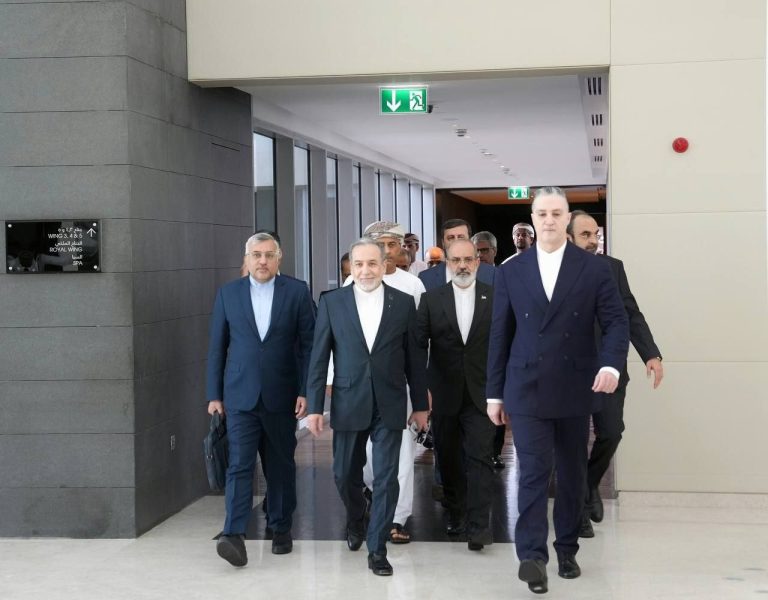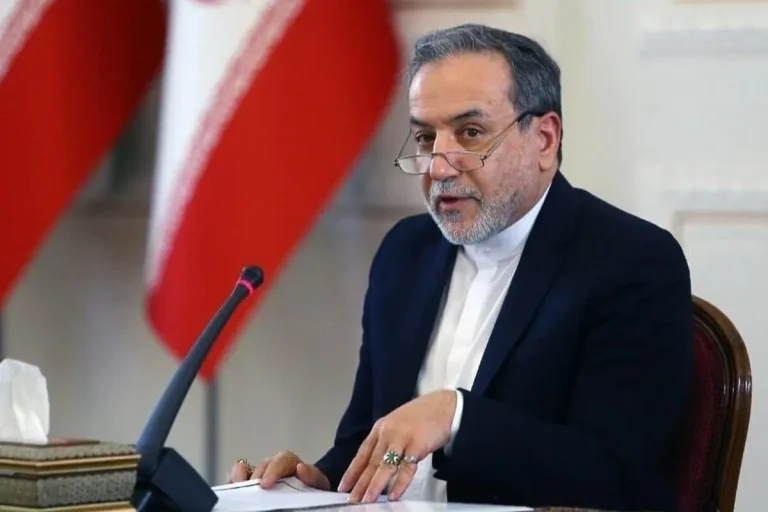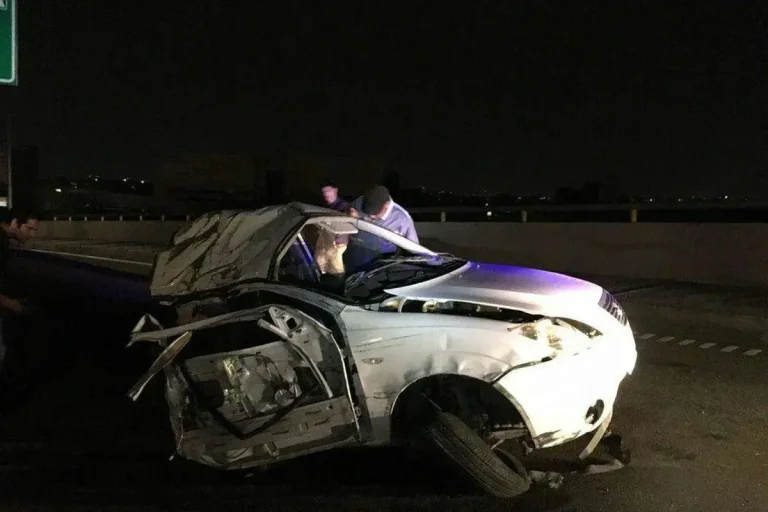Iran’s South Khorasan Province Ensures Stable Fuel Supply Amid Increased Demand
National Distribution Company Outlines Comprehensive Measures for Uninterrupted Access
In a recent televised address, the Managing Director of the National Iranian Oil Products Distribution Company for South Khorasan province, Abedani, delivered a message of reassurance, stating that all necessary measures have been taken to ensure a stable and sufficient supply of fuel, including gasoline and other oil products, for the province.
Addressing Seasonal Consumption Surges
Despite a reported 30-35% increase in gasoline consumption compared to normal periods—primarily attributed to a rise in domestic travel—Abedani confirmed that the region has faced no issues in fuel supply and does not anticipate any. To facilitate easier access for travelers and citizens, the number of emergency fuel cards available at high-traffic stations on main entry and exit routes has been increased two to threefold. Currently, 103 fuel stations are actively operating and providing services across the province.
Logistical Coordination and Quota Management
Acknowledging the province’s unique logistical challenges, as oil products are primarily supplied via tankers, the director reported that supply operations are proceeding smoothly without any disruptions. He addressed the nationwide policy limiting fuel transactions to 20 liters per day for non-rationed fuel, explaining that the province is countering this by increasing the number of fuel cards available at stations. This strategy, along with the strategic reallocation of cards between stations, is designed to ensure the continuous availability of non-rationed fuel throughout the day.
Infrastructure and Consumer Support
The province operates 400 active gasoline nozzles, with a mandate for any repairs to be completed within 24 hours. A public hotline (09627) is available for citizens to report any malfunctions. Regarding liquefied petroleum gas (LPG), distribution continues at both subsidized and semi-subsidized rates. While some distribution centers have been blocked from the system nationwide for regulatory reasons, there are no restrictions on purchasing semi-subsidized LPG. The specific fuel needs of nomadic communities are being addressed through the Nomadic Affairs organization.
Combating Smuggling and Irregularities
In a significant effort to curb fuel smuggling, nearly three million liters of oil products are traded monthly at the Maheeroud terminal at a balanced rate. Furthermore, sophisticated systems, in cooperation with relevant agencies, are actively monitoring smart fuel cards for irregular usage patterns. In the first five months of this year, approximately 2,600 fuel cards were blocked due to such anomalous activity. Abedani noted that the province’s consumption growth for oil and gas is double the national average, and its gasoline consumption growth is 50% higher, indicating some fuel is being supplied outside official networks—a issue under continuous monitoring.
Future-Forward Initiatives
Looking ahead, the director highlighted several government initiatives. These include a free program to convert model year 2018 and newer vehicles to dual-fuel systems, with online registration available. Necessary equipment has been dispatched, and workshops in the province are ready to perform the conversions. The process for reapplying for fuel cards has also been moved online, reducing costs and increasing efficiency. For the future of transportation, all newly constructed fuel stations are required to include facilities for electric vehicle charging. Finally, the province’s current storage infrastructure is sufficient to hold a one-month supply of oil products, ensuring continued supply stability.


